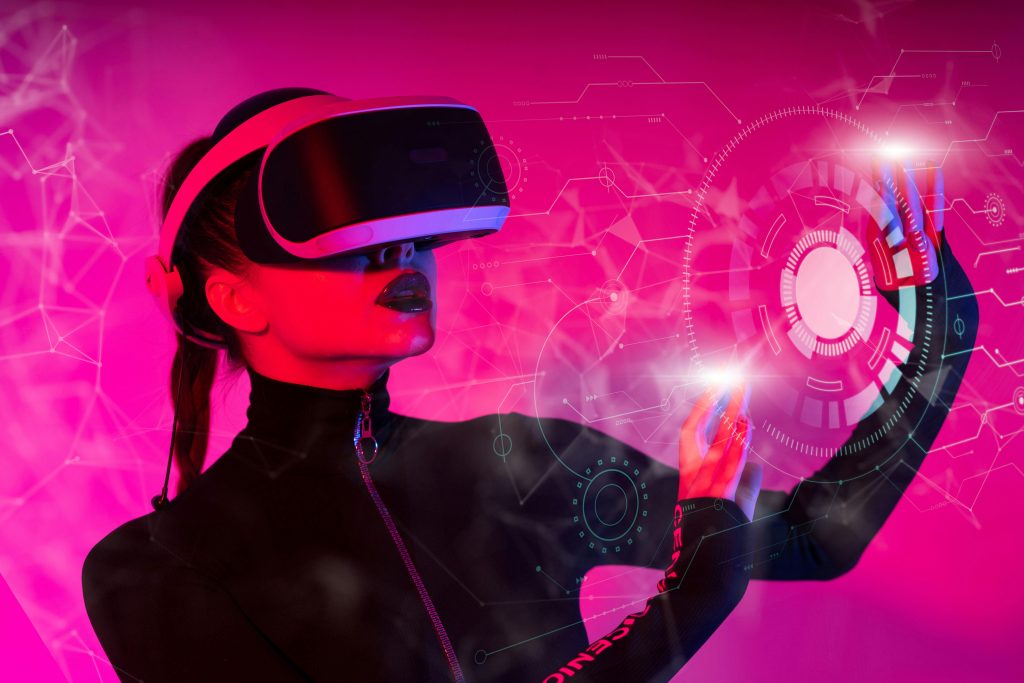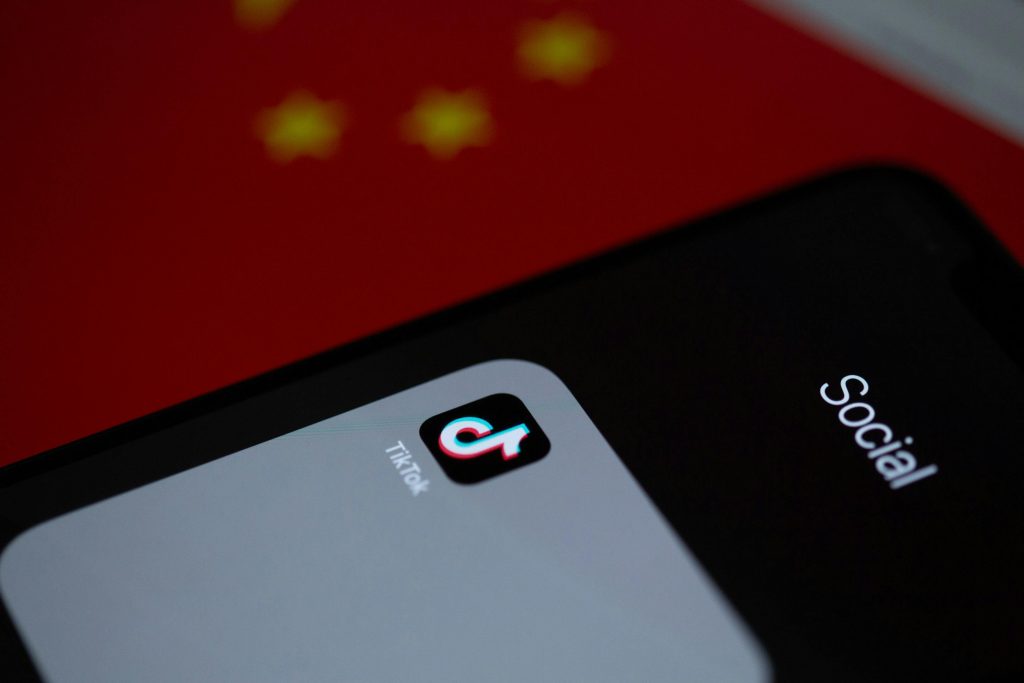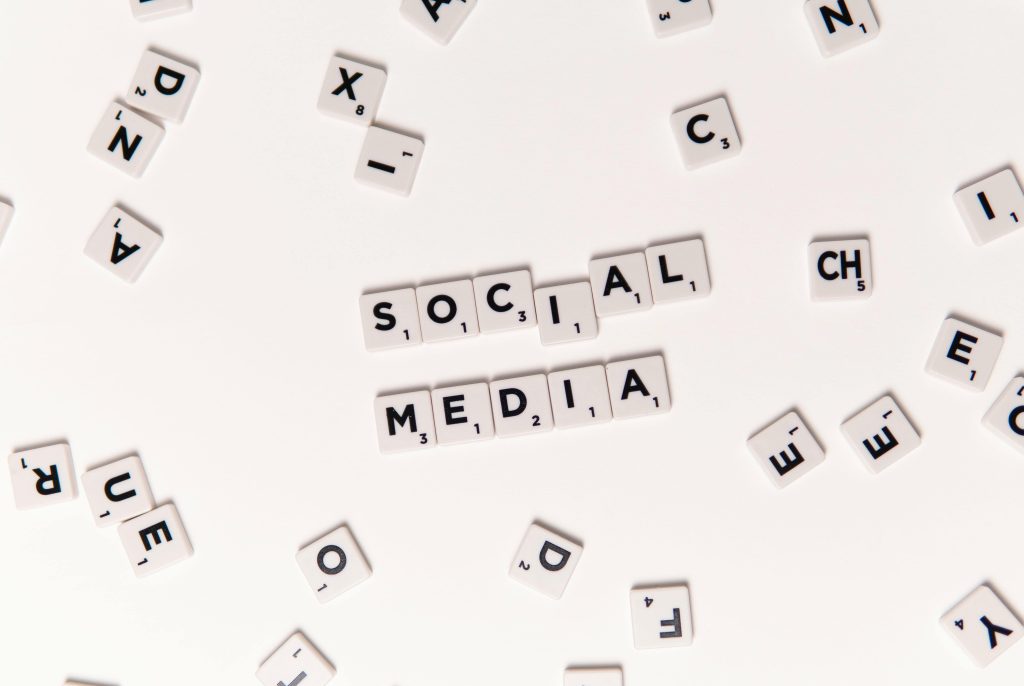AI-generated influencers like Lil Miquela and Noonoouri have millions of followers—but they’re not real people. Brands are now collaborating with virtual influencers created entirely through artificial intelligence and 3D design. These characters don’t sleep, don’t age, and always stay on message—making them attractive partners for controlled brand narratives.
This post explores the growth of AI influencers, their use cases in marketing, and the ethical debate surrounding digital authenticity. Are these virtual faces replacing human influencers, or creating a new hybrid space in digital identity? The post also discusses the opportunities and limitations of promoting through characters who don’t exist.



